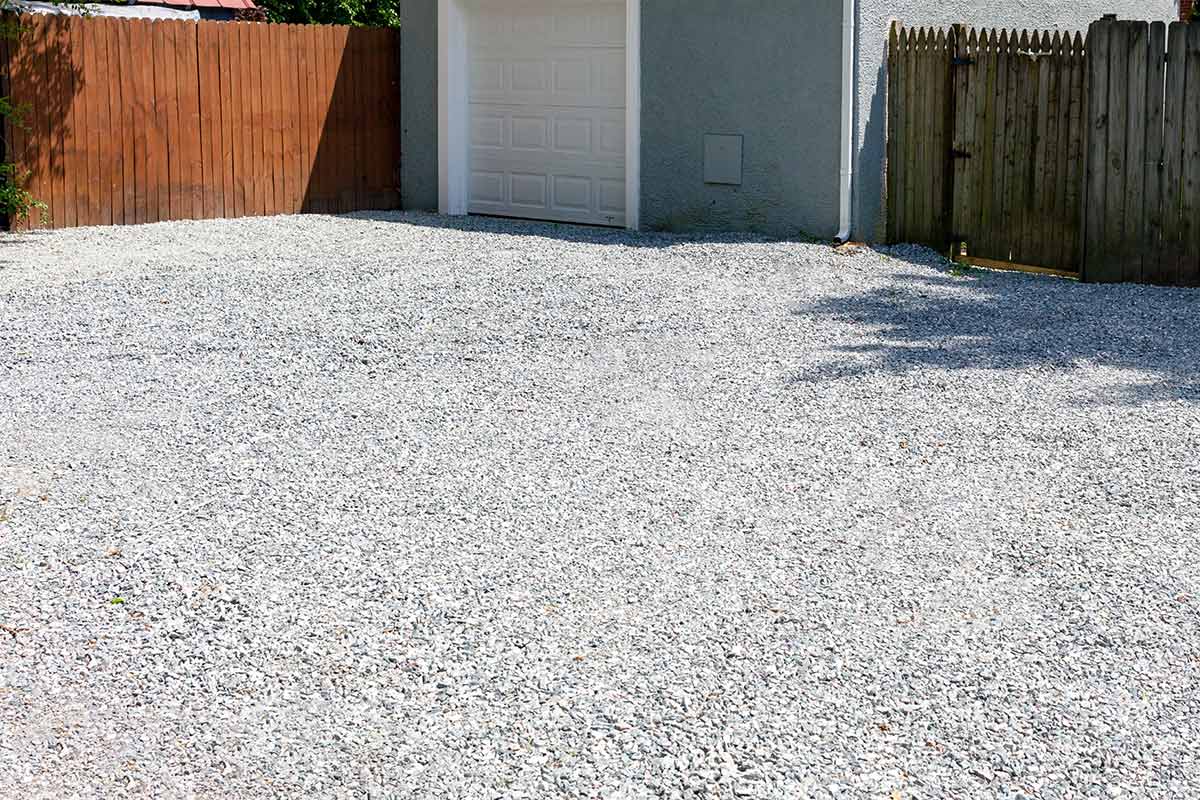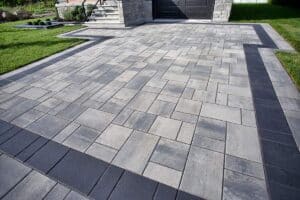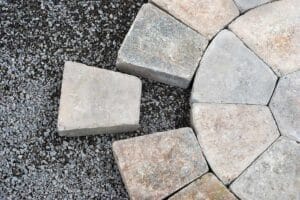
Pros and Cons of Gravel Driveways
Gravel is a popular material for driveways in some areas due to its low cost and easy installation compared to other driveway options. In rural areas, gravel is commonly used for both driveways and roads. It’s not uncommon for homes to have gravel driveways that lead to concrete garage floors. With regular maintenance, gravel can last for generations, making it a cost-effective option for long driveways. To learn more about the advantages and disadvantages of a gravel driveway, keep reading.
Pros
- Affordable or inexpensive
- Installation is made easier.
- It is possible to replenish gravel
- The drainage is good
- Compacts good
- Adding extra gravel is a simple solution to fix potholes.
Cons
- Affordable or inexpensive
- Installation is made easier.
- It is possible to replenish gravel
- The drainage is good
- Compacts good
- Adding extra gravel is a simple solution to fix potholes.
Types of Gravel
Gravel is a loose rock or stone that is bigger than sand but smaller than cobble, ranging from 1/10 inch to 2 1/2 inches in diameter. For driveways, processed gravel that includes rocks, sand, and clay is recommended as it compacts better to create a stable surface compared to plain rocks.
Gravel driveways can be designed in two ways – coarse gravel or stone paving that allows water to flow through, and other types of gravel driveways that are designed to repel water similar to concrete or asphalt.
Who Is a Gravel Driveway Best For?
Gravel driveways are well-suited for rural homes and can also be used in certain urban areas. It is recommended to have a designated space around the driveway to collect any loose gravel.
Gravel driveways are a great option for properties that experience movement or have large tree roots. They are also cost-effective, which is why many owners of large properties choose them over concrete or asphalt. However, if your property requires frequent snowplowing or scraping, gravel driveways may not be the best option because the plow can scrape up the gravel.
Maintaining a Gravel Driveway
Maintaining gravel driveways requires more effort compared to concrete or asphalt driveways. Regular upkeep helps to ensure the gravel driveway is performing at its best and prevents the need for costly replacements. The frequency of regrading gravel surfaces depends on the local climate and the amount of traffic the driveway receives. Typically, it may need to be regraded at least once a year.
Gravel driveways often develop potholes, dips, and grooves, even with regular use. Activities like turning a vehicle can accelerate this process. Fortunately, these issues are easy to address with a nearby pile of gravel and a shovel, allowing homeowners to quickly fill in any potholes.
To prevent potholes and dips from getting bigger, it’s important to fill them in as soon as they appear. For filling larger potholes, bigger tools are necessary. If the surface needs to be regraded, heavy equipment like a tractor with a bucket and grader is needed to spread and compact fresh gravel. One disadvantage of having a gravel driveway is that they are not easy to clear with a snowblower or plow because scraping the surface clean would also displace the gravel. Despite being careful, gravel on a driveway may become displaced during winter and require replacement or relocation.
How Long Will a Gravel Driveway Last?
A gravel driveway can last for up to 100 years if you take good care of it. The good thing about gravel is that it can be easily fixed and maintained over time. In comparison, if asphalt or concrete driveways get damaged, repairing them can be challenging, and it’s often cheaper to replace them entirely. Moreover, gravel is more resistant to damage caused by seasonal changes in temperature, such as frost heave, which can cause severe cracking and settling in other driveway materials.
How Much Does a Gravel Driveway Cost?
The price of constructing a gravel driveway can range anywhere from $1 to $3 per square foot. Despite being on the higher end, it is one of the most affordable driveway options available. The cost varies depending on the distance the gravel needs to be transported and the thickness of the driveway.



